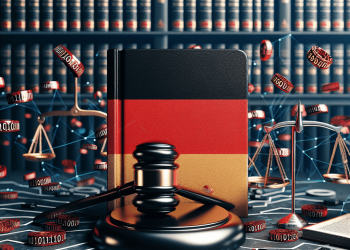Article 17 GDPR establishes a right to erasure or to be forgotten. To that end, the Landgericht Frankfurt am Main recently held that the omission of processing in the future as part of the deletion within the meaning of Article 17(17) of the 1 GDPR.
For that reason, an initially lawful processing of personal data could become the subject of a claim for cancellation at a later date.
The bgh’s requirements on the old legal situation with regard to the knowledge of a search engine operator of an infringement of the law are also covered by the GDPR for the consideration of the rights and interests of the data subject on the one hand and the search engine operators and Internet users on the other hand. Although the requirements for such a reference are high, they should not be so high that the person concerned can in fact never be able to issue a corresponding indication triggering such obligations.
Finally, the 3rd Civil Chamber decided that, in the context of the examination of the conditions of Article 17(17) of the 3 GDPR also requires a corresponding balance in accordance with Article 6(6) of the 1 lit. (f) GDPR. The invocation of the need to exercise the right to freedom of expression and information does not preclude such an offence.
The Court concluded that, in a report 35 years ago on a possible but never prosecuted offence committed by the person concerned, the interests of the person concerned may outweigh those of the search engine operator. This is particularly the case where there is no current public interest in information.



















